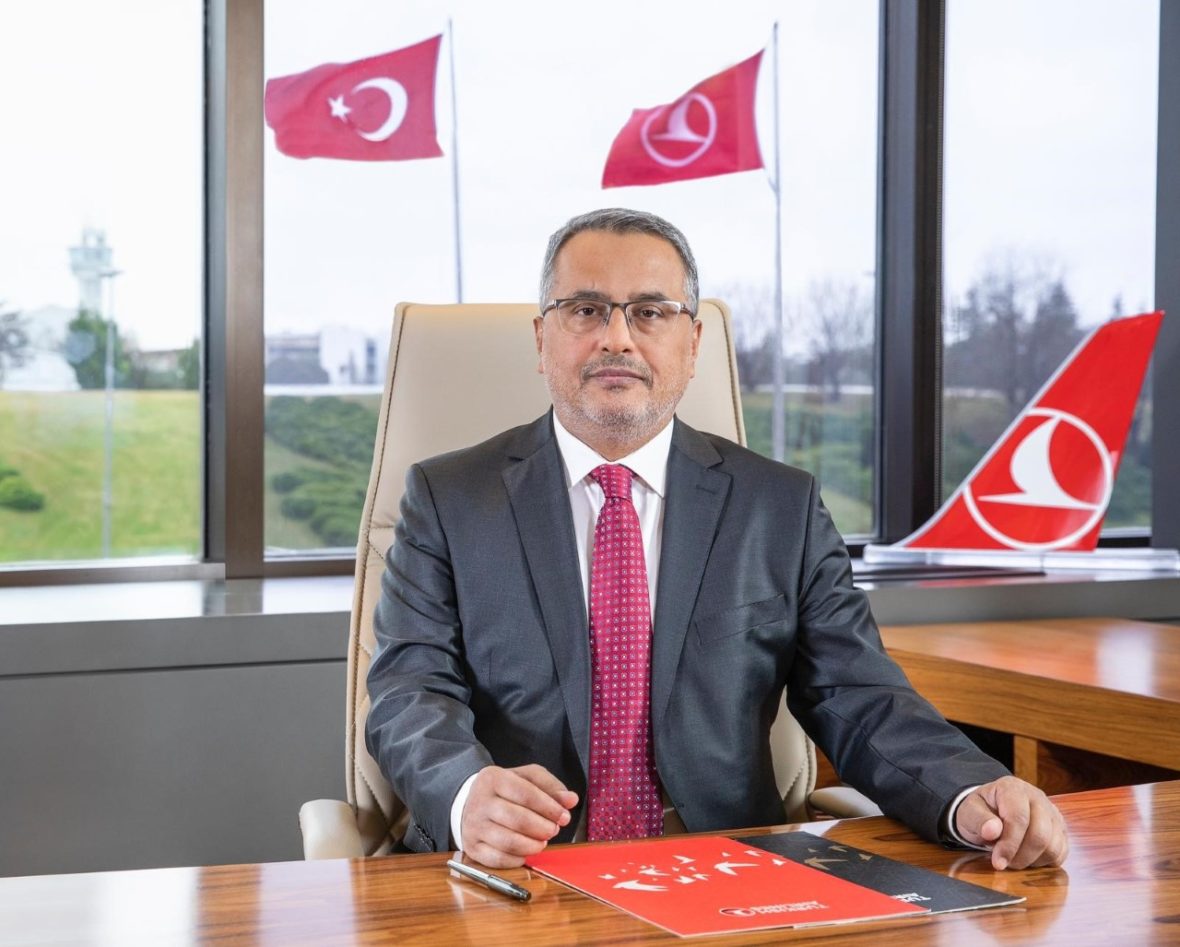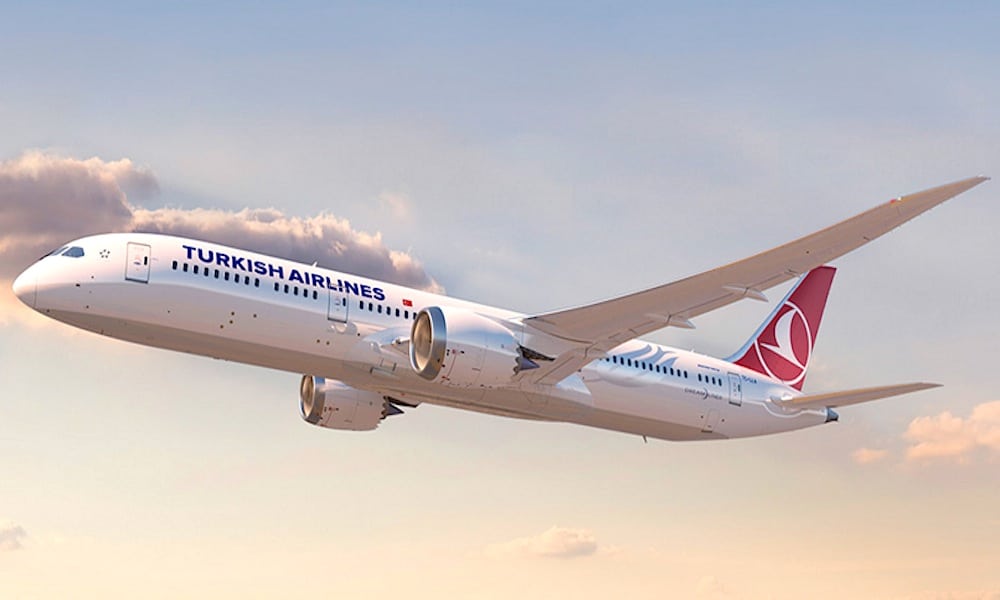
Turkish Airlines has posted a $2.7bn net profit for 2022, after seeing six straight quarters of profitability.
The world’s busiest airline also reported record annual revenues of $18.4bn, up 39% on pre-Covid 2019 levels.
Turkish Airlines chairman Professor Dr Ahmet Bolat said: “As Turkish Airlines we are continuing to overcome every obstacle we encounter with our 90 years of experience. Every single one of our colleagues and their team spirit contributed to our post-pandemic success.

“With the responsibility and awareness of being the flag carrier, we are standing with our nation just as we did during previous crises. In the aftermath of the earthquakes centered in Kahramanmaraş on February 6, we utilised all of our resources to operate over 2,400 flights in order to transport 433,000 search and rescue teams and 16,000 tons of aid materials to the region while evacuating 430,000 of our citizens to date.
“We are doing our part when it comes to mending the wounds caused by the earthquakes our country faced and we will continue to do so as the aftermath of the disaster continues to unfold. Apart from the 2 billion TL cash aid donated to Ministry of Interior Disaster and Emergency Management Presidency (AFAD), we started the work with Ministry of Environment, Urbanisation and Climate Change to provide the necessary support for the construction of 1,000 homes for those rendered homeless due to the earthquakes. We will also plan to employ 1,000 personnel from 1,000 families affected by the earthquakes.”

According to data published by IATA, the International Air Transport Association, while the global air passenger capacity in 2022 was 28% behind that of 2019, Turkish Airlines became the pioneer of the sector by exceeding its 2019 capacity by 7.5%.
With one of the youngest and most modern fleet of 394 aircraft, Turkish Airlines carried around 72 million passengers with 85.8% domestic and 80.1% international load factor.
Despite global inflation pressures, the flag carrier maintained its effective cost management in 2022 by lowering its unit expenses excluding fuel by 2% compared to 2019.
As a result, EBITAR (Earnings before interest, taxes, amortisation, and rent), which demonstrates the cash generation potential of the company, realised as $5.4bn.




